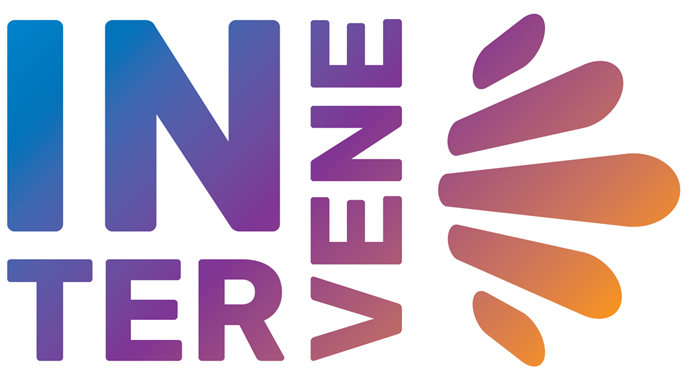INTERVENE - International Consortium for Integrative Genome Prediction

In the interdisciplinary research project INTERVENE artificial intelligence (AI) is combined with large amounts of genomic (>1.7 million genomes) and other health data to develop polygenic risk scores (PRS). The goal of this European project is to better prevent complex and genetic diseases and personalize diagnosis and treatment. PRS are designed to summarize the potential impact of many genetic variants to determine a person's propensity for a disease. In INTERVENE genetic risk scores will be further developed and tested in clinical applications for complex common diseases such as breast cancer, coronary heart disease, diabetes mellitus type 2 as well as for COVID-19 and rare genetic diseases, e.g. Alport syndrome and Rett syndrome. This should increase the predictability, applicability for screening, and understandability of genetic risk scores for citizens and clinicians.
Partner
- Prof. Samuli Ripatti, Institute of Molecular Medicine Finland (University of Helsinki)
- Prof. Mike Inouye, Systems Genomics and Population Health (University of Cambridge).
- Prof. Christoph Lippert, Professor of Digital Health and Machine Learning (Hasso Plattner Institute)
- Prof. Kristin Hveem, The K.G. Jebsen Center for Genetic Epidemiology, (Norwegian University of Technology and Natural Sciences).
- Prof. Helen Parkinson, PhD, European Bioinformatics Institute (EMBL-EBI)
- Maria Rodriguez Martinez, PhD, Computational Systems Biology (IBM Zurich).
- Prof. Alessandra Renieri, Medical Genetics (University of Siena)
- Michaela Mayrhofer; PhD, Biobanks and Biomolecular Resources Research Infrastructure (BBMRI).
- Prof. Alena M. Buyx, Ethics Expert, Institute for History and Ethics of Medicine (Technical University of Munich, TUM)
Subproject
The research group of Prof. Alena Buyx at the Institute for History and Ethics of Medicine at the Technical University of Munich (TUM) leads the work package Ethics in INTERVENE and is responsible for the following four core areas:
First, the working group takes an advisory role on ethical issues within the research project and supports the other work packages in the ethical planning and execution of the research. Among other things, the working group applies an embedded ethics approach [Link to Embedded Ethics Hub] to involve ethicists:in the development of AI and the application of large amounts of genomic and other health data for genetic risk scores. As part of the project, the working group is collaborating with the other working groups to explore how the INTERVENE project can integrate both existing and new ethical models.
Second, the working group explores the ethical and social implications of AI in genomics and for PRS through a comprehensive literature review and ethical analysis. In doing so, the working group analyzes not only the ethical issues in developing AI for PRS, but also the implications in implementing it in clinical practice, medical decision making, and public health. In this context, the working group identifies gaps in terms of ethical, social, and regulatory aspects of the project.
Third, the working group will investigate the trustworthiness, acceptance as well as societal impact of AI-based tools, in particular PRS. In this context, a mixed-methods study will be conducted, combining empirical results with robust ethical analysis. Among other things, qualitative interviews will be conducted to assess public perceptions of the use of genetic scores for the prediction, prevention, and treatment of complex diseases. In addition, a comparative study of different national regulations will be conducted to determine the ethical and regulatory framework.
Fourth, the empirical results will be used in conjunction with further ethical analysis for the clinical application of AI-based risk scores and platforms and for the development of policy recommendations. Frameworks for trustworthy AI and ethical guidelines for genetic score-based risk prediction and personalized medicine will be developed.
Publications
Lorem ipsum dolor sit amet, consectetuer adipiscing elit. Aenean commodo ligula eget dolor. Aenean massa. Cum sociis natoque penatibus et magnis dis parturient montes, nascetur ridiculus mus. Donec quam felis, ultricies nec, pellentesque eu, pretium quis, sem. Nulla consequat massa quis enim.
Marie-Christine Fritzsche
Tel.: +49 89 4140 4042
Mail: marie-christine.fritzsche@tum.de
Ismaninger Street 22, 81675 Munich
Project Management:
Prof. Dr. med. Alena Buyx
Period:
January 2021-December 2025
Project Type:
EU consortium
Funding source:
European Union's Horizon 2020 research and innovation program